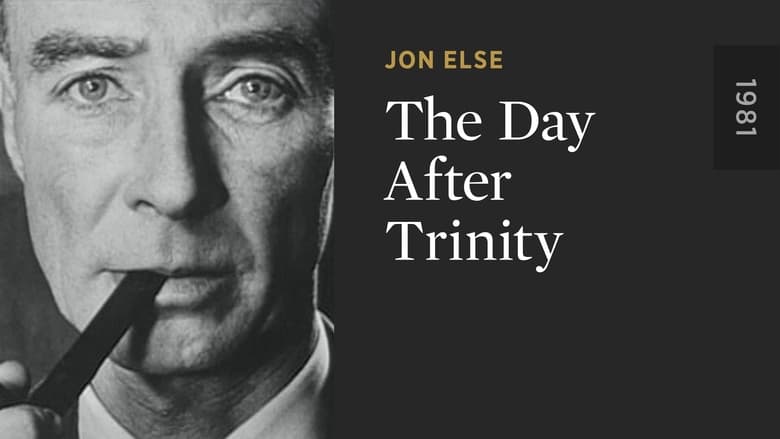Movies to watch after 'Oppenheimer': Exploring the atomic age
Christopher Nolan's 'Oppenheimer' has sparked a renewed interest in the history of the atomic bomb. If you're looking to delve deeper into this era, this list offers a range of films exploring the science, the history, and the profound consequences of nuclear weapons.


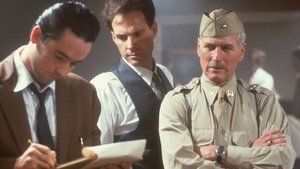
Nolan's 'Oppenheimer' undoubtedly serves as a stark reminder of a pivotal moment in human history. But the story doesn't begin and end with Oppenheimer himself. The creation and use of the atomic bomb have inspired countless filmmakers to explore the ethical, political, and human dimensions of this technology. From historical dramas that recreate the tense atmosphere of the Manhattan Project to documentaries that grapple with the devastating aftermath of Hiroshima and Nagasaki, these films offer a multifaceted perspective on the atomic age.
Consider films like 'Hiroshima Mon Amour,' a poignant reflection on memory and trauma set against the backdrop of a rebuilt Hiroshima, or 'The War Game,' a chillingly realistic depiction of nuclear war's potential impact on Britain, so controversial that it was initially banned by the BBC. Documentaries like 'Trinity and Beyond' and 'The Atomic Cafe' use archival footage to powerful effect, offering a raw and unfiltered look at the nuclear era. Whether you're interested in the science, the politics, or the human cost, there's a film on this list that will leave you contemplating the legacy of the atomic bomb.
10. The War Game (1966)
'The Atomic Cafe' is a darkly satirical documentary that pieces together archival footage from the Cold War era. It's a brilliant, disturbing, and sometimes hilarious look at how the U.S. government attempted to normalize the idea of nuclear war through propaganda films, newsreels, and educational materials. The film cleverly uses these materials to expose the absurdity and the underlying anxieties of the time. With its sharp editing and ironic tone, 'The Atomic Cafe' provides a unique and unsettling perspective on a pivotal moment in history. The film's impact lies in its ability to make audiences question the narratives they were fed during the Cold War, revealing the pervasive fear and manipulation that characterized the era.
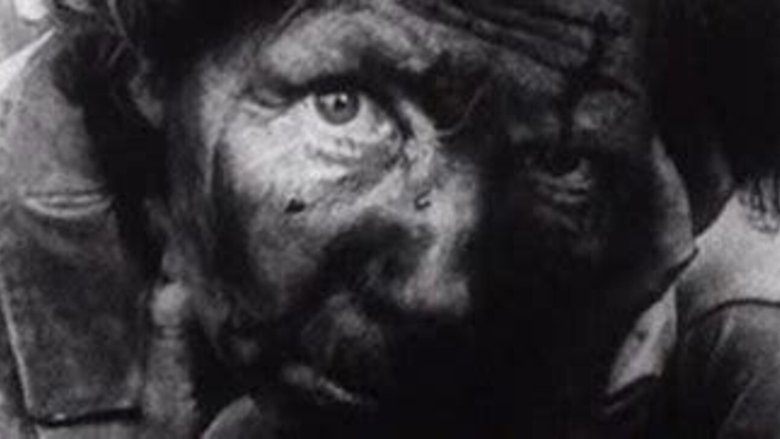
9. The Day After (1983)
'The Day After' is a television film that depicts the devastating effects of a nuclear war on a small town in Kansas. Aired in 1983, during the height of the Cold War, it was one of the most-watched and controversial television events of its time. The film portrays the gradual escalation of tensions between the United States and the Soviet Union, culminating in a full-scale nuclear exchange. 'The Day After' is a stark and unflinching portrayal of the horrors of nuclear war. The film sparked widespread debate about nuclear policy and the arms race. Some critics praised it for its realism, while others criticized it for being overly graphic and potentially demoralizing.
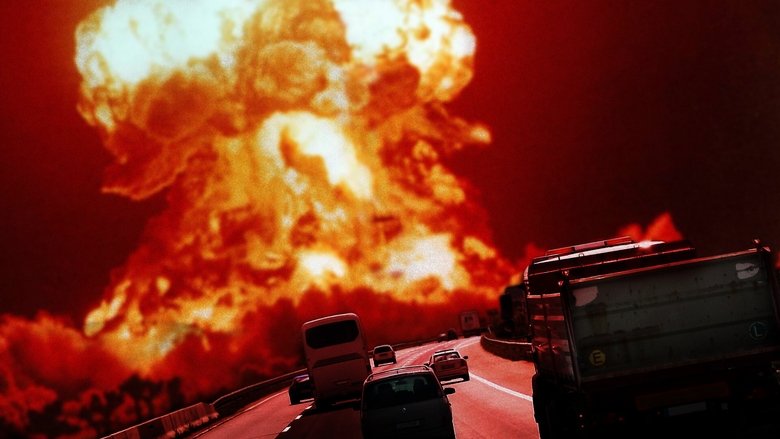
8. The War Game (1966)
This gripping mockumentary, directed by Peter Watkins, presents a chillingly realistic depiction of a nuclear attack on Britain and its aftermath. 'The War Game' is known for its stark and uncompromising portrayal of the breakdown of social order, the collapse of infrastructure, and the immense suffering that would result from nuclear war. Originally banned by the BBC for its disturbing content, the film won an Academy Award for Best Documentary Feature after its theatrical release. Watkins's use of documentary-style filmmaking techniques lends a sense of authenticity to the narrative, making the prospect of nuclear war feel terrifyingly real. The film's impact lies in its ability to confront audiences with the potential consequences of political decisions and the urgent need for disarmament.

7. White Light/Black Rain: The Destruction of Hiroshima and Nagasaki (2007)
Directed by Steven Okazaki, this HBO documentary offers a harrowing account of the atomic bombings of Hiroshima and Nagasaki through the eyes of survivors. 'White Light/Black Rain' is a deeply moving and unflinching portrayal of the human cost of nuclear war. The film combines archival footage with contemporary interviews, allowing survivors to share their experiences and reflect on the enduring trauma of the bombings. It serves as a powerful reminder of the devastating consequences of nuclear weapons and the importance of working towards a world without them. The film's title refers to the blinding flash and the radioactive fallout that followed the explosions, capturing the surreal and horrific nature of the events.
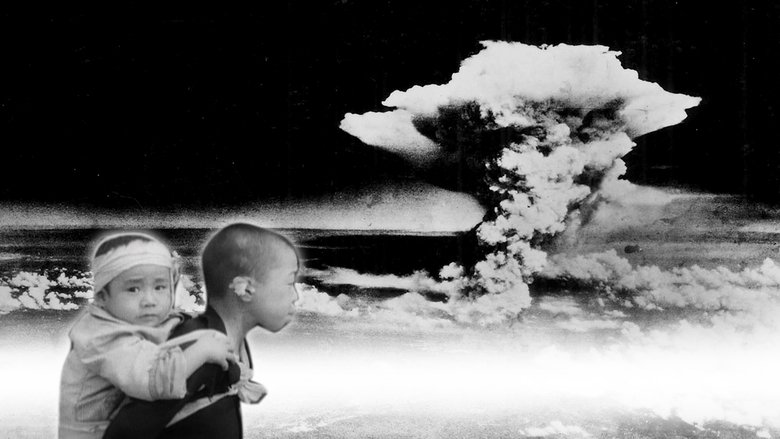
6. The Beginning or the End (1947)
Released just two years after the end of World War II, this film offers a dramatized account of the Manhattan Project and the decision to use atomic bombs against Japan. 'The Beginning or the End' was made with the cooperation of the U.S. government, and it reflects the prevailing attitudes and justifications of the time. While it may lack some historical nuance, it provides insight into the immediate post-war perspective on these world-altering events. Leslie Groves, the military head of the Manhattan Project, served as a consultant for the film, lending an air of authenticity to the technical aspects of the story. The title encapsulates the sense of uncertainty and potential devastation that the atomic age ushered in.
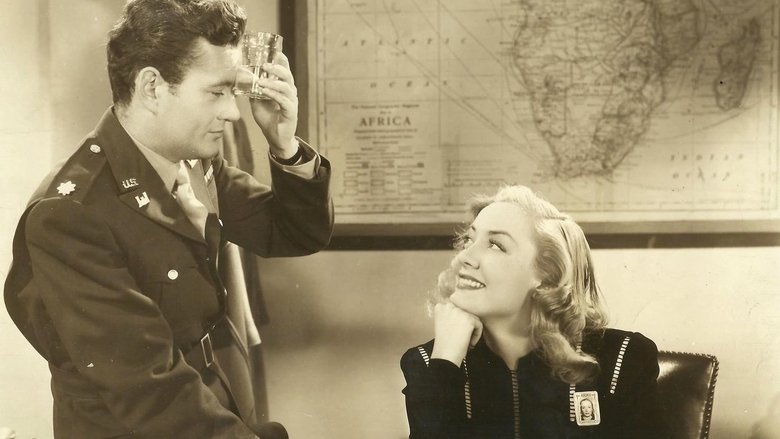
5. Fat Man and Little Boy (1989)
Starring Paul Newman and Dwight Schultz, this historical drama chronicles the development of the atomic bomb during World War II. 'Fat Man and Little Boy' delves into the inner workings of the Los Alamos laboratory and the complex relationships among the scientists involved. While it takes certain dramatic liberties, the film offers a glimpse into the pressure, the intellectual fervor, and the moral ambiguities that defined the Manhattan Project. Newman's portrayal of General Leslie Groves adds depth to the narrative, highlighting the challenges of managing such a monumental and secretive undertaking. The title refers to the names given to the two atomic bombs dropped on Hiroshima and Nagasaki, offering a sobering reminder of the project's ultimate outcome.

4. The Manhattan Project (1986)
Directed by Marshall Brickman, this film tells the fictional story of a bright high school student who accidentally stumbles upon the secrets of nuclear weapons and builds his own atomic bomb. While fictionalized, 'The Manhattan Project' touches upon the real concerns about nuclear proliferation and the potential for misuse of scientific knowledge. The film blends elements of suspense and social commentary, prompting viewers to consider the ethical implications of scientific advancements and the importance of responsible innovation. Though not a documentary, it offers a thought-provoking take on a sensitive subject.
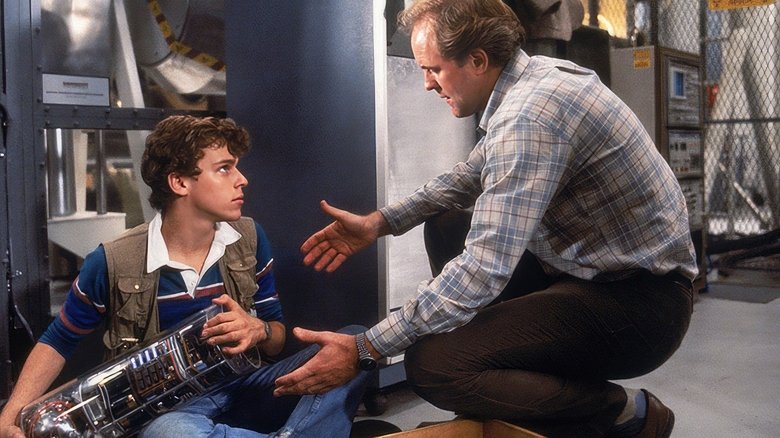
3. The Atomic Cafe (1982)
'The Atomic Cafe' is a darkly satirical documentary that pieces together archival footage from the Cold War era. It's a brilliant, disturbing, and sometimes hilarious look at how the U.S. government attempted to normalize the idea of nuclear war through propaganda films, newsreels, and educational materials. The film cleverly uses these materials to expose the absurdity and the underlying anxieties of the time. With its sharp editing and ironic tone, 'The Atomic Cafe' provides a unique and unsettling perspective on a pivotal moment in history. The film's impact lies in its ability to make audiences question the narratives they were fed during the Cold War, revealing the pervasive fear and manipulation that characterized the era.
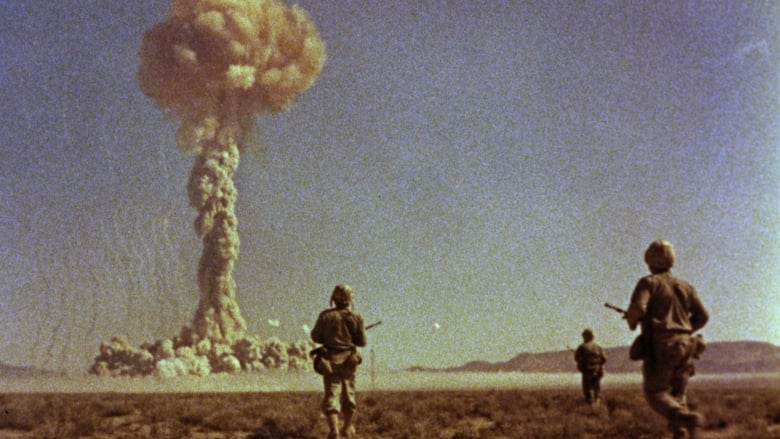
2. Trinity and Beyond: The Atomic Bomb Movie (1995)
Narrated by William Shatner, this documentary provides a visually stunning, albeit chilling, compilation of atomic bomb test footage. 'Trinity and Beyond' stands out for its breathtaking and terrifying imagery, showcasing the raw power and destructive capability of nuclear weapons. Beyond the spectacle, it serves as a somber reflection on the nuclear arms race and its lasting impact on humanity. The film's potent visuals, combined with Shatner's narration, create a mesmerizing and thought-provoking experience.

1. The Day After Trinity (1981)
This documentary, directed by Jon Else, offers a profoundly unsettling look into the life of J. Robert Oppenheimer and the creation of the atomic bomb. What makes this film so compelling is its focus on the personal and moral struggles of Oppenheimer and other key scientists involved in the Manhattan Project. Featuring archival footage and interviews, 'The Day After Trinity' doesn't shy away from the ethical quandaries that plagued these brilliant minds as they grappled with the devastating consequences of their creation. It's a stark reminder of the weight of scientific responsibility and the complex legacy of the atomic age.
